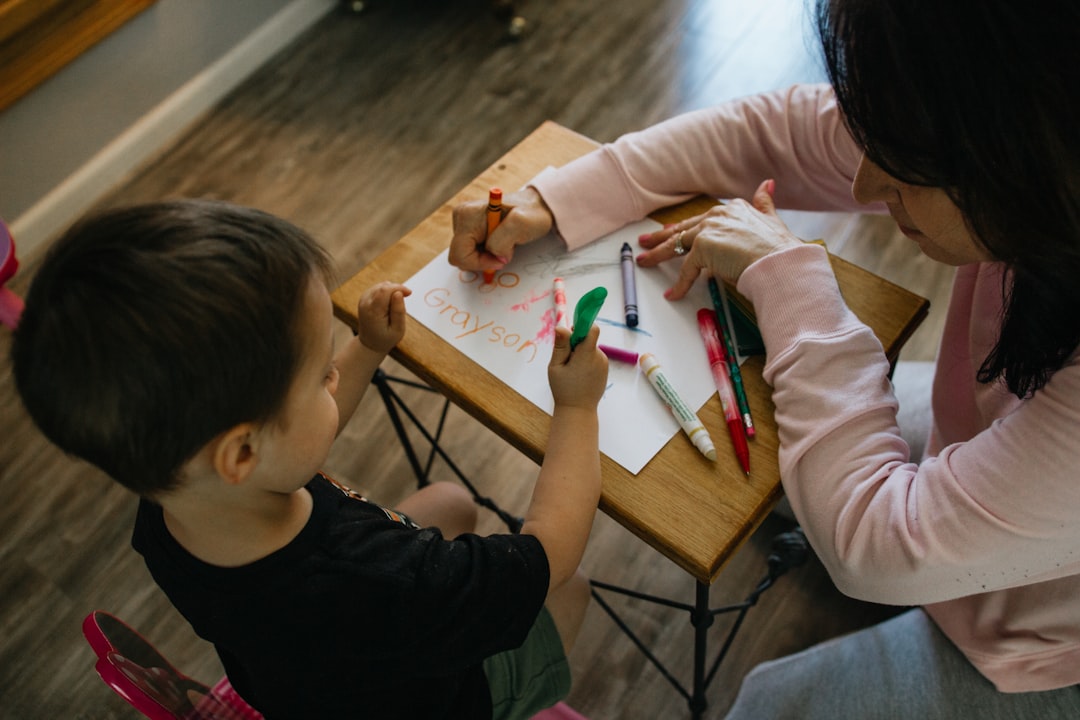The parent-caregiver relationship in daycares is crucial for child well-being and safety. Effective communication, trust-building through consistent care, and transparent practices prevent abuse. In Ohio, engaging a daycare abuse attorney ensures legal protection and accountability, giving parents peace of mind. Caregivers must be competent, empathetic, and committed to children's safety while navigating parent expectations through open dialogue and strict protocols.
Building trust between parents and caregivers is paramount in ensuring a safe and nurturing environment for children in facilities. This article explores strategies to strengthen this critical dynamic, focusing on understanding the unique parent-caregiver relationship, preventing daycare abuse through caregiver training, and navigating legal protections offered by an Ohio daycare abuse attorney. By implementing these measures, we can foster a culture of transparency, accountability, and well-being for all involved.
Understanding the Parent-Caregiver Dynamic in Facilities

In facilities like daycares and schools, the parent-caregiver dynamic is a crucial aspect that significantly impacts children’s overall well-being. This relationship forms the basis of trust and communication between families and caregivers, who play a pivotal role in a child’s development. Understanding this dynamic involves recognizing the unique challenges and expectations that parents bring to these settings, especially those who may be seeking legal recourse for daycare abuse through an Ohio daycare abuse attorney.
Parents entrust caregivers with their most precious possessions—their children—requiring open lines of communication, transparency, and respect. Caregivers, in turn, must demonstrate competence, empathy, and a genuine commitment to the child’s safety and development. Navigating this relationship effectively involves addressing concerns, fostering trust through consistent care, and maintaining clear channels of communication that accommodate parents’ roles as primary caregivers while empowering caregivers to make informed decisions in children’s best interests.
Preventing Daycare Abuse: Key Strategies for Caregivers

Building trust between parents and caregivers is paramount in ensuring a safe and nurturing environment for children, especially in facilities like daycares. One of the primary concerns that underscores this need is preventing daycare abuse, an issue that has garnered significant attention from Ohio daycare abuse attorneys. Caregivers play a crucial role in fostering this trust through open communication channels with parents and strict adherence to established protocols.
Implementing robust background check procedures for all staff members, regular training on child safety and well-being, and establishing clear policies regarding visitor access are strategic moves towards mitigating the risk of abuse. Additionally, caregivers should encourage open dialogue between parents and themselves, providing updates on their child’s day and addressing any concerns promptly. These measures not only strengthen the bond between caregivers and parents but also create a robust framework for identifying and reporting any suspicious activities, thereby safeguarding children under their care.
Legal Aspects: Role of an Ohio Daycare Abuse Attorney

When navigating issues related to building trust, it’s crucial to consider the legal framework that governs interactions between parents and caregivers in facilities like daycares. In Ohio, the role of a daycare abuse attorney is pivotal in ensuring the safety and well-being of children under care. These legal professionals specialize in addressing instances of neglect, physical or emotional abuse, and other maltreatment within daycare settings.
They play a critical part in protecting the rights of both the victims and their families, offering guidance on legal options available and advocating for justice. By engaging the services of a qualified Ohio daycare abuse attorney, parents can have peace of mind knowing that their concerns are being taken seriously and that appropriate measures will be taken to hold accountable anyone found responsible for any form of misconduct or negligence.




